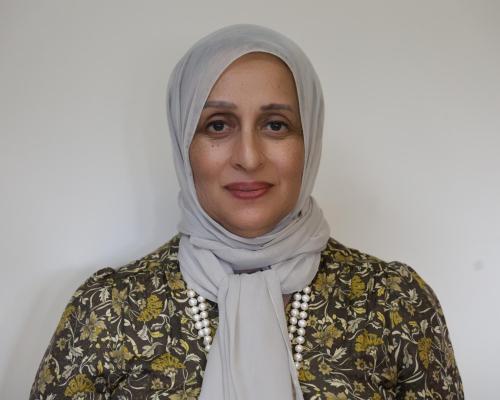
Pretoria – Each year, more than 8 million people worldwide lose their lives to tobacco-related diseases including over 1 million due to second-hand smoke. These are not just numbers; they are parents, siblings, children, and friends.
As a parent and grandparent, I worry deeply about the world we are leaving behind for our children. The surge in youth-targeted nicotine products flavoured, glamorized, and deceptively marketed is alarming. It’s no longer just cigarettes. E-cigarettes, flavour accessories, and online influencers have repackaged addiction to appear harmless, even aspirational.
This year’s World No Tobacco Day, themed “Unmasking the Appeal,” is a powerful reminder that beneath the sweet flavours and sleek packaging lies a bitter truth: addiction, illness, and loss.
An estimated 37 million children aged 13–15 use tobacco globally. In many countries, youth e-cigarette use surpasses adult use. Flavoured products like menthol, mango, and bubblegum are often the gateway into lifelong nicotine dependency. We must act decisively and collectively.
We commend and congratulate South Africa on the progress that has been made thus far. Moving forward we call for:
- A total ban on flavour additives and accessories in all tobacco and nicotine products.
- Plain packaging to reduce visual appeal.
- Digital regulation to curb online marketing and misinformation targeting youth.
- Robust cessation services, especially tailored for young people and vulnerable populations.
Globally, nearly 40 countries have banned flavoured tobacco products, and 88 regulate e-cigarettes with 6 banning flavours entirely. These efforts are saving lives. At the recent World Health Assembly, Member States reaffirmed their commitment to strengthening tobacco control and protecting youth from harmful industry tactics.
We need r new, innovative approaches to public health messaging, policy design, and community mobilization. That means investing in youth-led advocacy, enhancing cross-sector collaboration, and using real-time data and surveillance to inform our decisions.
WHO South Africa stands ready to support the government and partners in closing the regulatory gaps, empowering communities, and ensuring that every child grows up in an environment free from the harms of tobacco.
Let us work together to unmask the appeal, break the illusion, and protect the next generation.




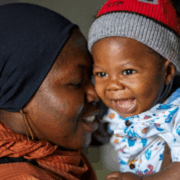
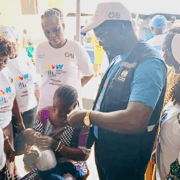


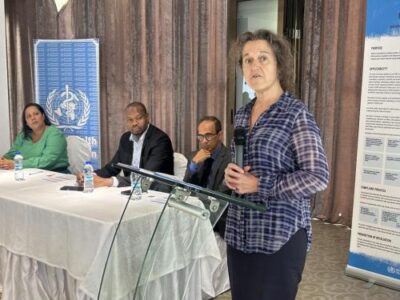
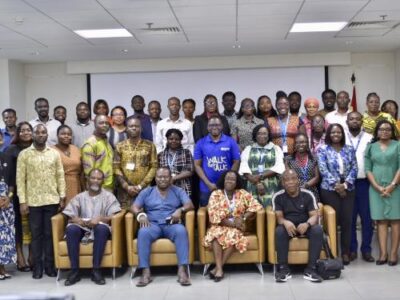

Comments